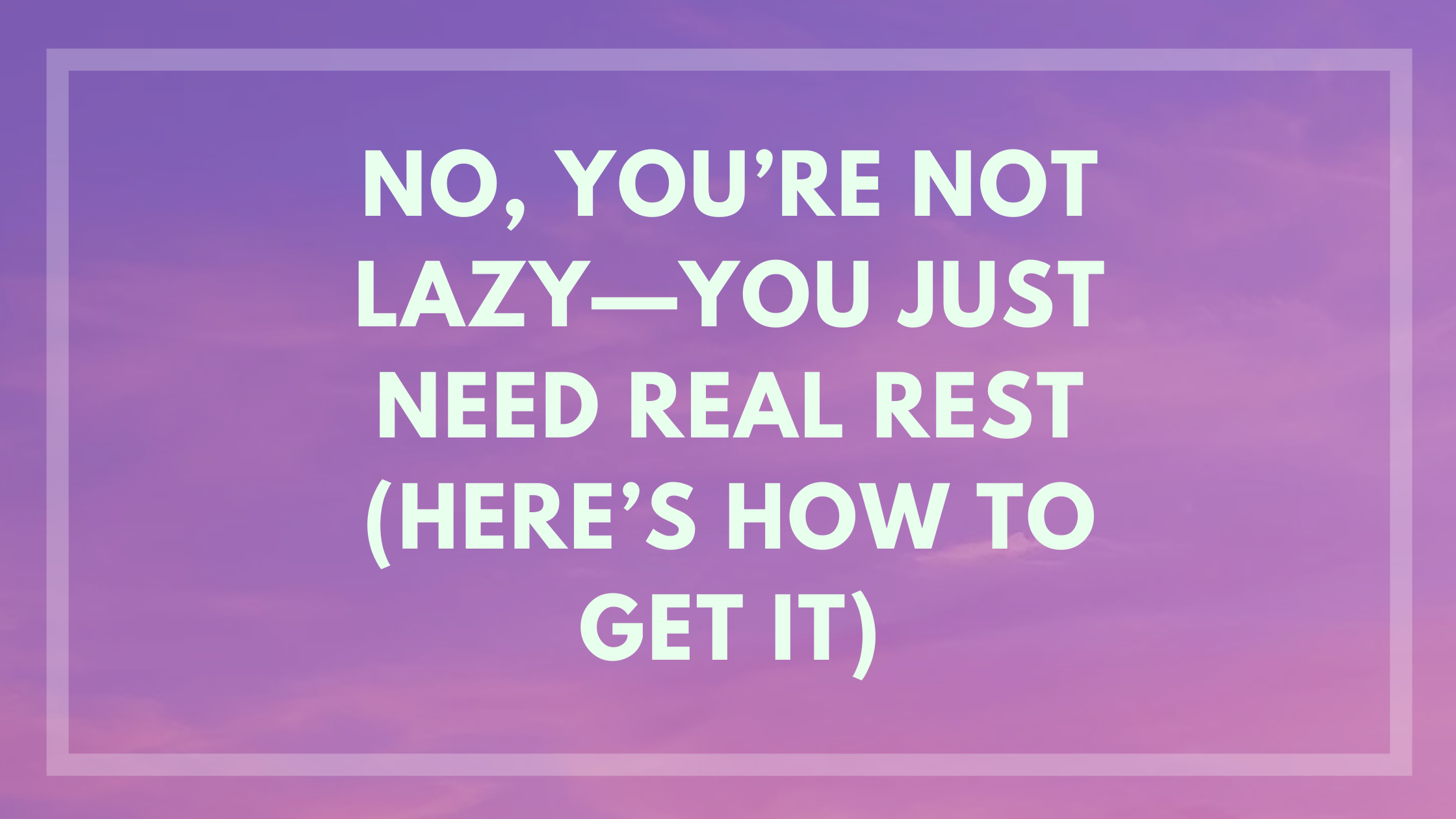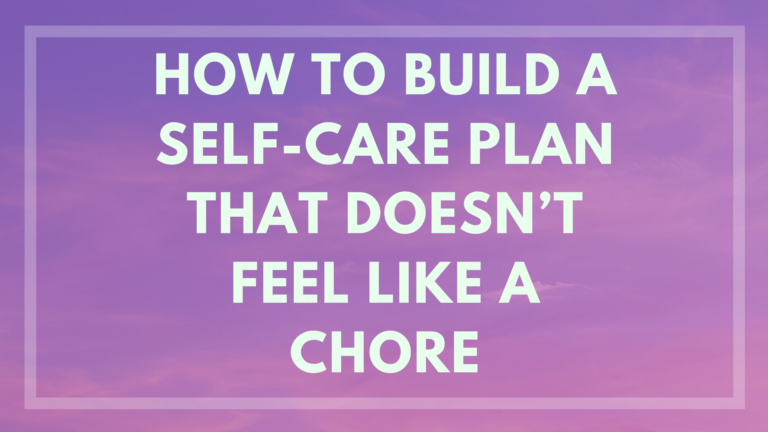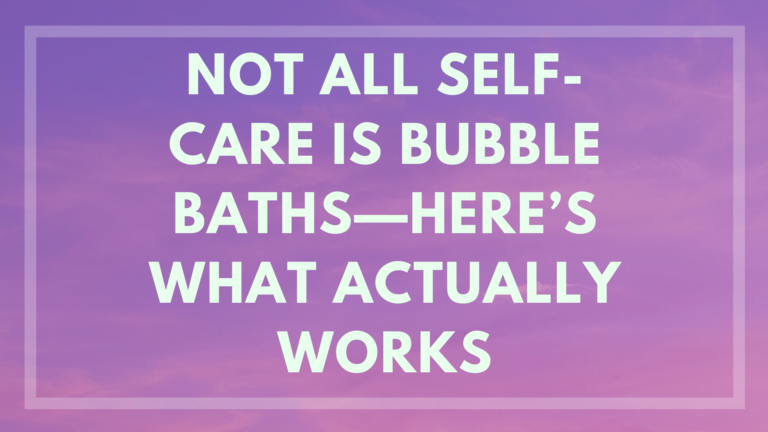You keep telling yourself to try harder. You push through the day with heavy eyes and a foggy mind, wondering why even the smallest task feels like a mountain. Maybe you’ve even whispered it to yourself: “Why am I so lazy?”
Here’s the truth—you’re not lazy. You’re likely tired in a way that can’t be fixed by sleep alone. What you need is real rest—the kind that goes beyond lying on the couch or scrolling through your phone.
In a world that glorifies constant productivity, many of us have forgotten what it feels like to truly recover. Rest isn’t just about stopping. It’s about replenishing. And when you learn to give yourself the right kind of rest, everything starts to change.
The Problem Isn’t Laziness—It’s Unmet Needs
Laziness is often a label we slap on ourselves when we feel unmotivated or sluggish. But in most cases, what looks like laziness is actually a sign of overwhelm, burnout, or emotional fatigue.
Your body and mind might be shouting for attention. Ignoring those signals doesn’t make them go away—it just drives you deeper into exhaustion.
Start by asking:
Am I mentally drained from constant decision-making?
Am I emotionally overloaded from too much noise or responsibility?
Am I physically tired from pushing without recovery?
These answers will guide you to the kind of rest you truly need.
There Are Different Types of Rest—Not Just Sleep
Dr. Saundra Dalton-Smith, a physician and researcher, identifies seven types of rest—and most people are missing more than one.
- Physical Rest: This includes sleep and restorative activities like stretching or deep breathing. It’s not just about being still, but allowing the body to repair.
- Mental Rest: Your brain needs breaks too. If your mind races at night or you can’t focus during the day, this type of rest may be missing.
- Sensory Rest: Constant exposure to screens, noise, and notifications can wear you out. Turning off devices or spending time in quiet spaces helps restore calm.
- Creative Rest: If you’re always solving problems or creating, you need inspiration. Nature, art, or music can refill this creative tank.
- Emotional Rest: This means having safe spaces where you can be real, without pretending everything’s fine. Sometimes, not holding it all together is the rest.
- Social Rest: Some people energize you. Others drain you. Prioritizing time with people who uplift you is just as important as quiet alone time.
- Spiritual Rest: Feeling connected to something bigger than yourself—whether through nature, purpose, or reflection—can bring a deeper sense of peace.
Identifying what type of rest you’re missing is the first step to recovering from the fatigue that’s weighing you down.
Real Rest Starts with Permission
Many people feel guilty for resting. We’ve been taught to measure our worth by what we accomplish. So when we slow down, the shame creeps in.
But rest isn’t a reward you earn. It’s a need you meet. You don’t have to justify it. You just have to allow it.
Give yourself permission to pause. Not after the work is done. Not when everything is perfect. But now—because your body and mind are telling you it’s time.
How to Build Real Rest Into Your Day
You don’t need a weekend retreat to start feeling better. Real rest can happen in small moments, woven into your day. Here are a few simple ways to begin:
Take tech-free breaks: Step away from screens and let your eyes and brain reset.
Breathe with intention: A few slow breaths can calm your nervous system within seconds.
Do nothing for five minutes: No agenda, no distractions. Just be still and breathe.
Say no to things that drain you: Protect your energy like it’s non-negotiable.
Replace noise with quiet: Even a few minutes of silence can restore your senses.
Connect with someone who gets you: Being seen and heard is a powerful form of rest.
These small actions are often more restorative than hours of passive downtime.
What Happens When You Get the Rest You Need
When you stop pushing past your limits and start listening to your body, you begin to notice the difference. Tasks feel lighter. Your mood stabilizes. Your creativity returns. You feel present in your own life again.
That constant tension in your shoulders? It loosens. The fog in your mind? It clears. You don’t need more motivation—you need more restoration.
Final Thoughts
The next time you catch yourself thinking you’re lazy, pause. Ask what kind of rest you’re missing. Because behind most feelings of failure or fatigue is a simple truth—you’ve been giving too much and receiving too little.
Real rest isn’t a luxury. It’s a foundation for everything else. And when you start making space for it, you’ll realize you were never lazy at all. You were just tired—and now, you’re finally learning how to heal.




